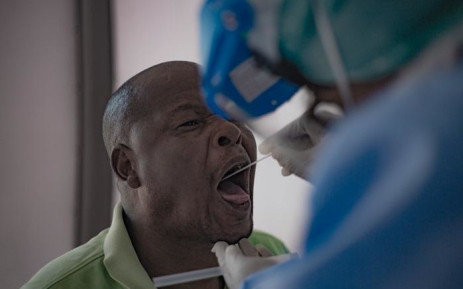
Clinical trials for local COVID-19 breath test set to commence soon
The ability to rapidly test for COVID-19 is becoming more important as the world grapples with increasing shortages in laboratory test kits.
by Kevin BrandtCAPE TOWN - Clinical trials of a COVID-19 rapid breath test are to commence in South Africa at the end of next month.
Locally, the project is being run by the Ezintsha group, a division of Wits University's Reproductive Health and HIV Institute.
It makes use of nanosensors to collect breath samples of COVID-19 positive and negative patients to determine whether this could be used to diagnose the disease.
The ability to rapidly test for COVID-19 is becoming more important as the world grapples with increasing shortages in laboratory test kits.
This new diagnostic test involves a handheld device that a person breaths into for two to three minutes.
Head of Medical Technologies at Ezintsha, Mohammed Majam, explained that the exhaled air of a COVID-19 positive patient contained biomarkers that the device would pick up and analyse.
"The body's immune response system to the disease causes a process called oxidative stress and what results from this oxidative stress is the production of what is called volatile organic compounds. Now what I can compare it too is an alcohol breathalyser test which also uses some type of biomarkers from oxidative stress to pick up the level of alcohol in your system."
Majam said that the test will be used in screening and a definitive diagnosis would still need to be confirmed by a laboratory test.
"The nanosensors are contained in the device and the pattern is picked up in the device and that transmits to a cloud. That then transmits back to a computer, tablet or phone producing what the presumptive result would be."
One hundred and fifty COVID-19 positive and negative participants will be sampled in the initial phase of the research project.
For official information about COVID-19 from the Department of Health, please click here.